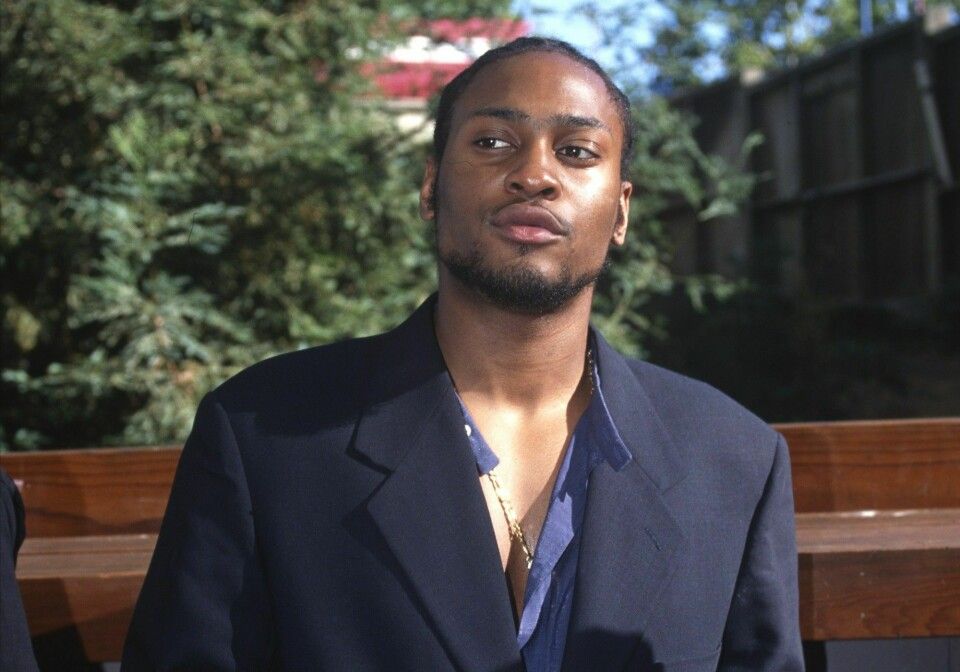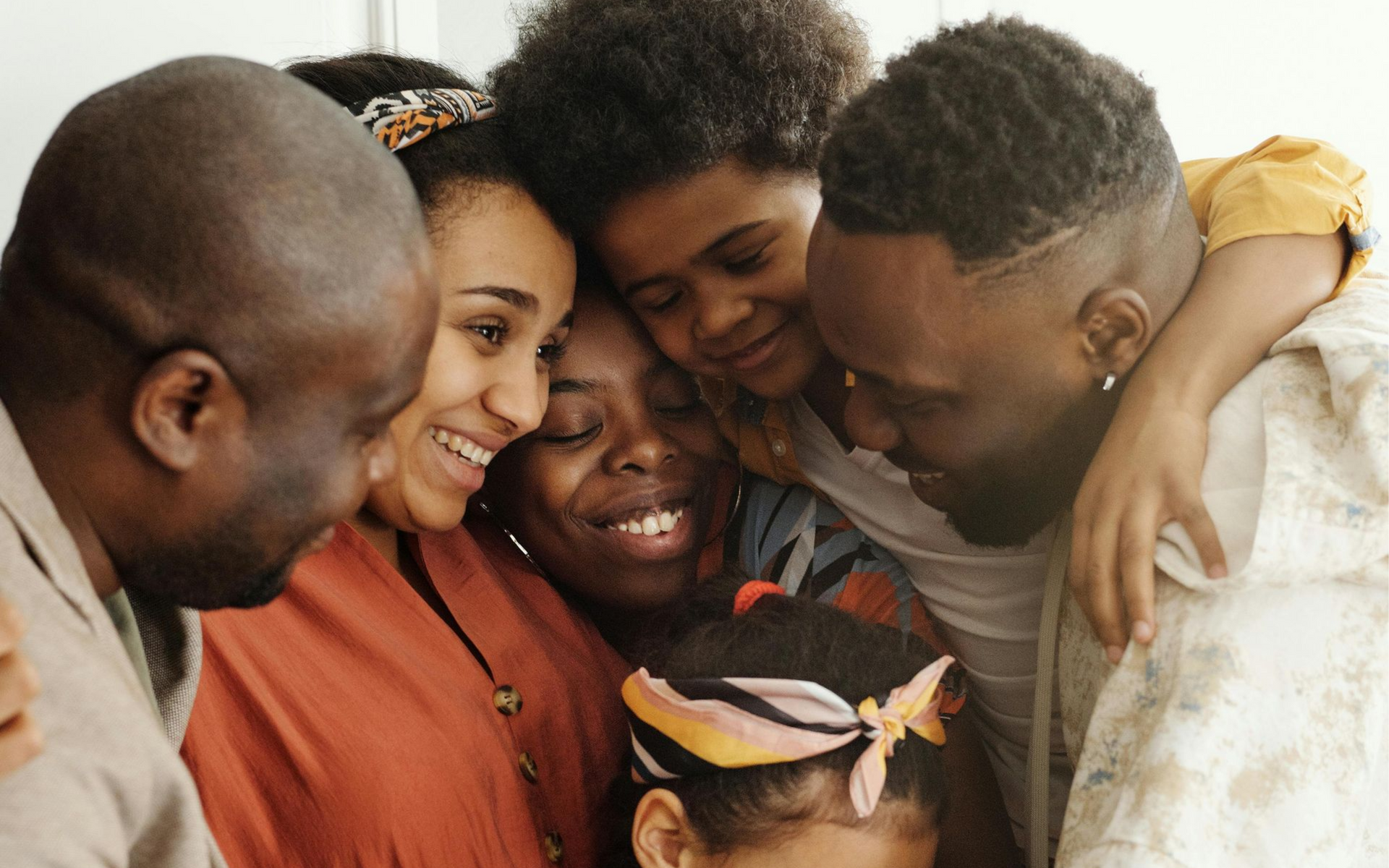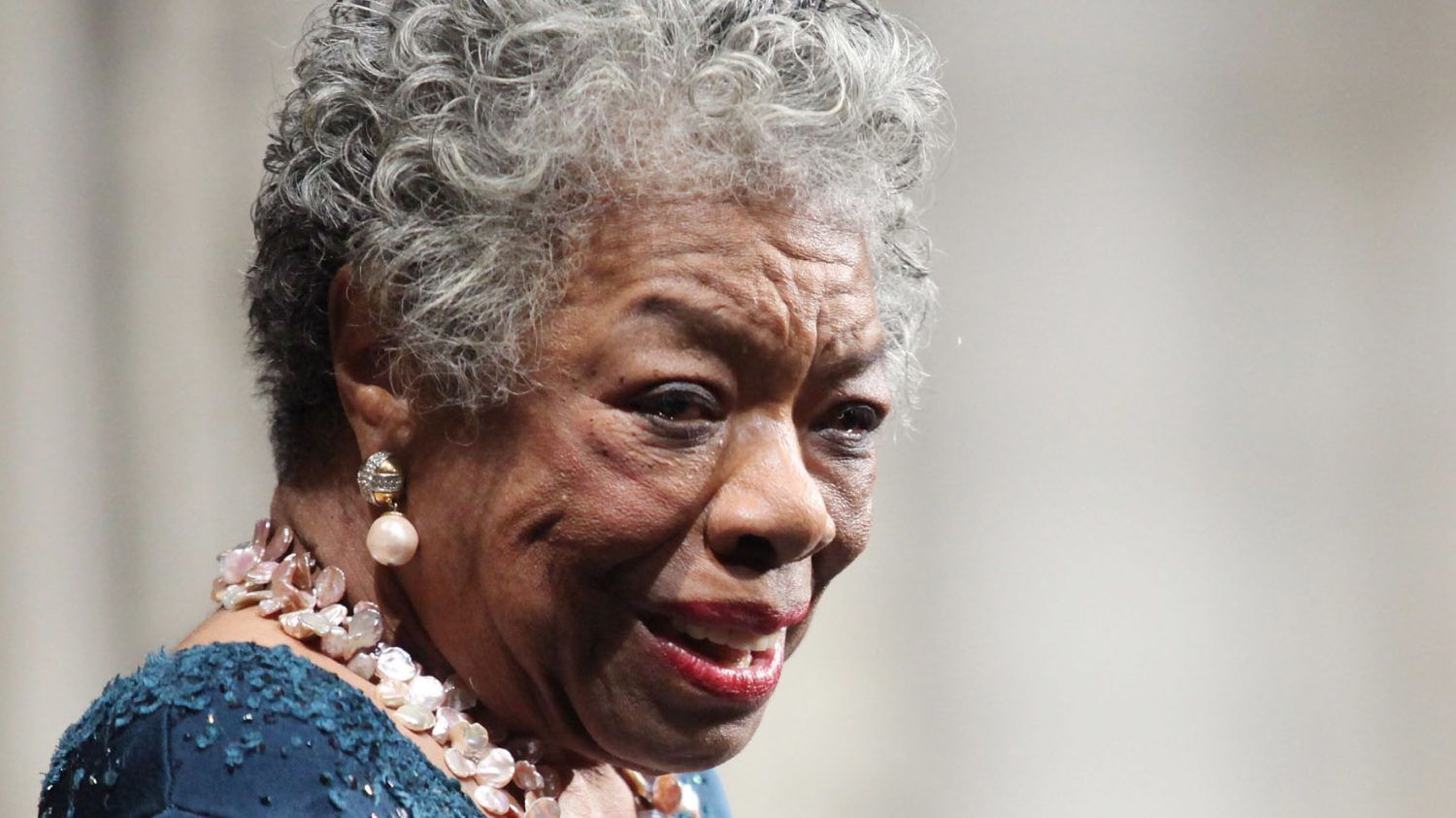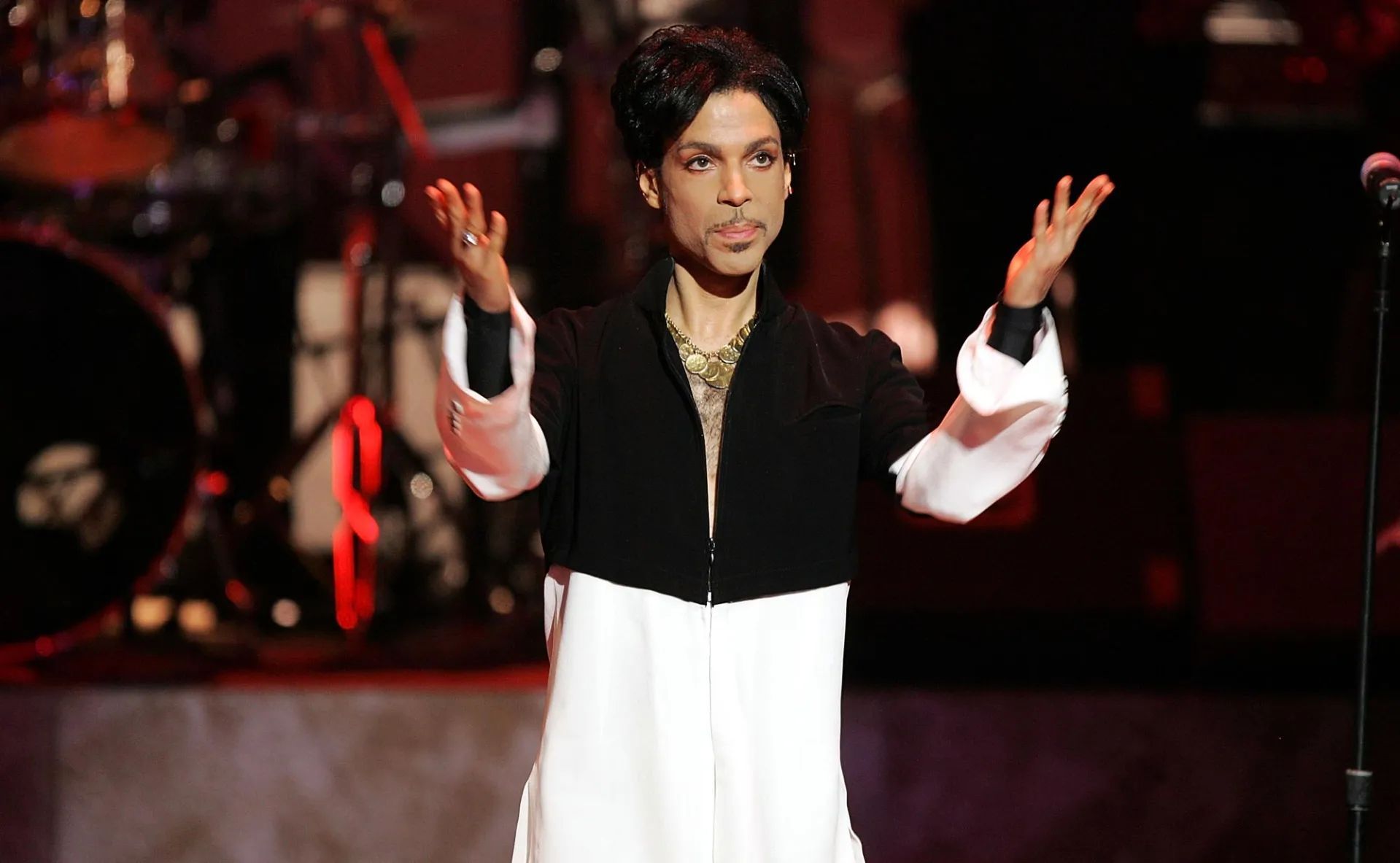The Vanguard of Soul: Honoring the Genius, the Grit, and the Grace of D’Angelo
There are singers… and then there are souls who sing.

Michael Eugene Archer — known to the world as D’Angelo — didn’t just make R&B. He baptized it. His voice was velvet and gravel at the same time, carrying the kind of truth that made you close your eyes and just feel. From the moment he whispered “Brown Sugar” in 1995, we knew this wasn’t just another artist — this was a vessel. A messenger. A spirit cut from the same divine cloth as Prince, Marvin, and Curtis.
Born in Richmond, Virginia, in 1974, D’Angelo grew up the son of a Pentecostal preacher — and you could hear that church in every note he sang. Before neo-soul had a name, he was already living it. He fused gospel, jazz, funk, and hip-hop into something sacred and sensual, spiritual and street. His debut album, Brown Sugar, flipped the music world upside down and brought soul back to the front of the conversation.
Then came Voodoo in 2000 — a record that didn’t just raise the bar, it changed the atmosphere.
The grooves were loose, the bass was dirty, and the vocals? They were alive. Backed by the Soulquarians — that electric brotherhood including Questlove, J Dilla, and Erykah Badu — D’Angelo helped lead a renaissance of real musicianship. The Voodoo tour became the stuff of legend. The “Untitled (How Does It Feel)” video became cultural canon. And for a moment, the world stood still in awe of a Black man who dared to be vulnerable, sensual, and free.
But as the spotlight grew hotter, so did the struggle. Fame has a way of wounding geniuses, and D’Angelo carried the weight of his own perfectionism, pain, and isolation. For over a decade, he stepped back — into the shadows, into the silence. And yet, those who truly loved his music knew: you can’t silence a soul that was born to testify.
When he returned with Black Messiah in 2014, it wasn’t just an album. It was a revelation.
A cry for justice. A call for consciousness. A sonic revolution that felt like a prayer wrapped in protest. The same man who once made us sway now made us stand. His voice, deeper and wiser, carried the fire of Ferguson, the pain of a people, and the power of purpose.
Through it all, D’Angelo never lost his spirit.
He was the bridge between eras — the love child of Prince’s funk, Marvin’s vulnerability, and Curtis Mayfield’s activism. He blurred the line between sacred and sensual, never afraid to show the battle between flesh and faith. He made imperfection sound like grace.
At Royalty Memorial, we celebrate not just the artist but the essence — the man who poured his spirit into sound. D’Angelo reminded us that soul isn’t a genre. It’s a heartbeat. And his still echoes in every singer brave enough to be raw, real, and redeemed.
Rest well, brother D. Your music didn’t just move us — it healed us.











